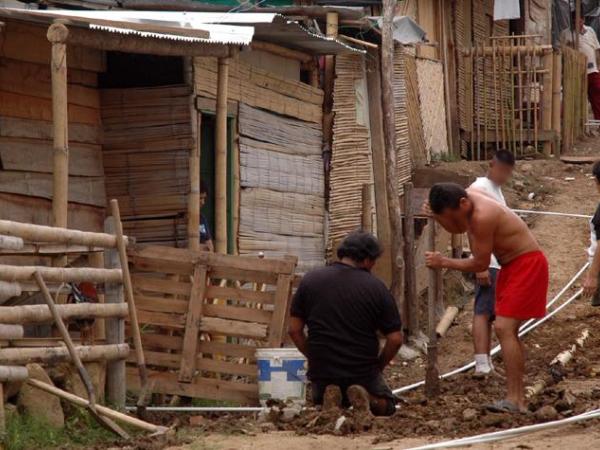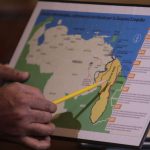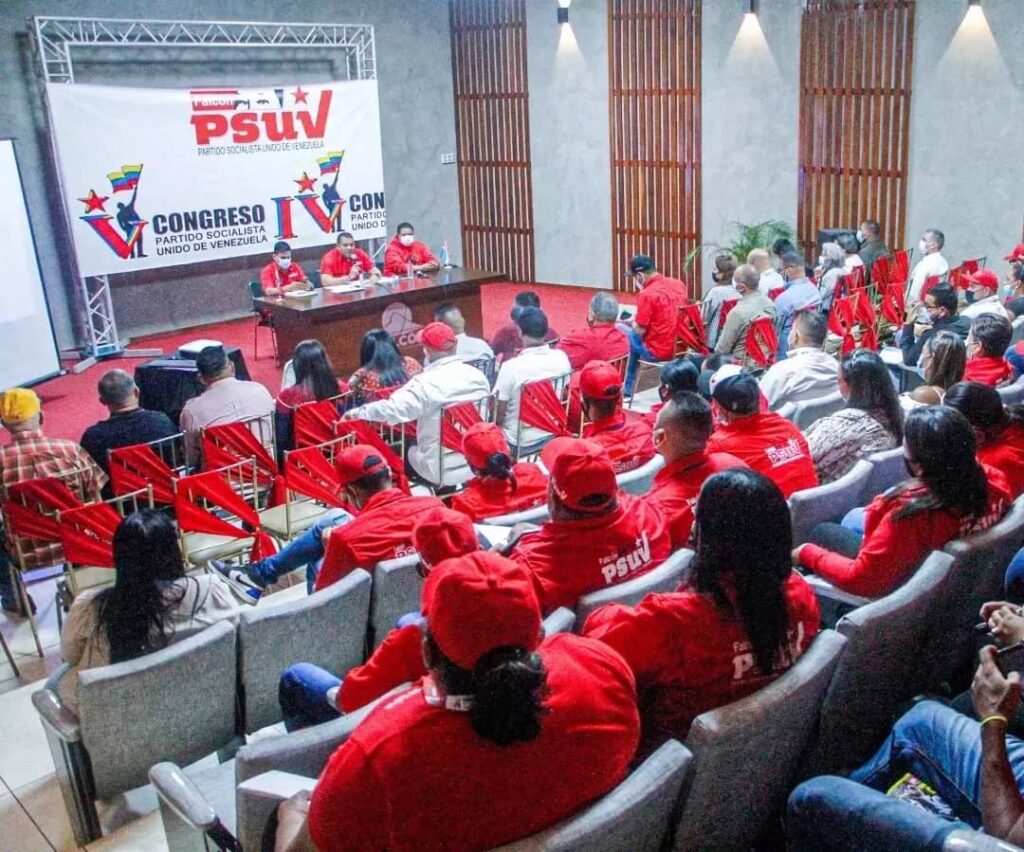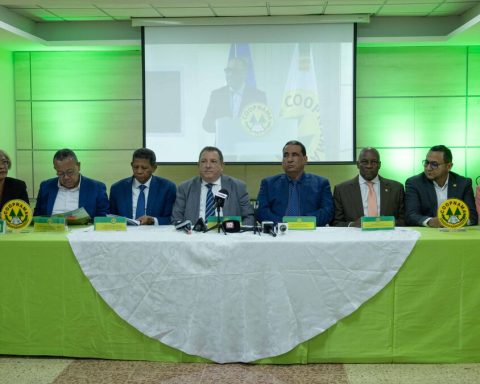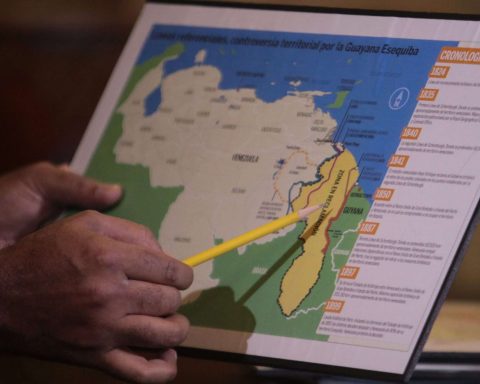The DNational Planning Department (DNP) reported that, after completing a year in operation, the sisben IV It already has more than 29.1 million people registered in its database.
(See: How to mitigate the effect of inflation on poverty?).
This implies a growth in its databases of 24% (in March 2021 it had 23.5 million people). In addition, through sisbén IV, the State has been seeking to classify households according to their situation for the targeting of social programs.
Thus, of the total number of records, 65.8% live in a condition of poverty or extreme poverty.
(See: ‘Hunger in Colombia is critical’, position of the Food Bank).
To date, sisbén IV has reported 8.8 million people in Group A (extreme poverty) and 10.4 million in Group B (moderate poverty), these two groups being 65.8% of the people registered. Also, 7.6 million are in Group C (vulnerability) and 2.4 million people are in Group D (not poor, not vulnerable).
And there’s more than 330,000 Venezuelan migrants registered in the database that have the Temporary Protection Permit (PPT) issued by the National Government.
(See: Almost 40% of Bogota citizens consider themselves poor, according to a survey).
With the measurement system used by sisbén IV, the Solidarity Income program has delivered a total of $11.5 billion in money transfers unconditional to more than 3.08 million households in conditions of extreme poverty and poverty.
According to the DNP, for the closure of the government of President Iván Duque, it is expected to have registered the 98% of people in conditions of poverty and extreme poverty in Colombia in sisbén IV.
BRIEFCASE
